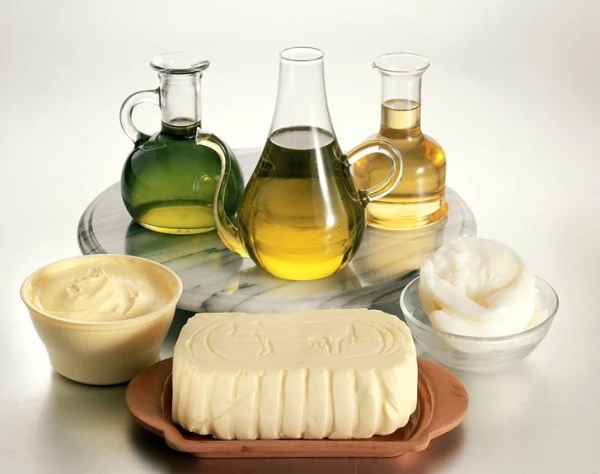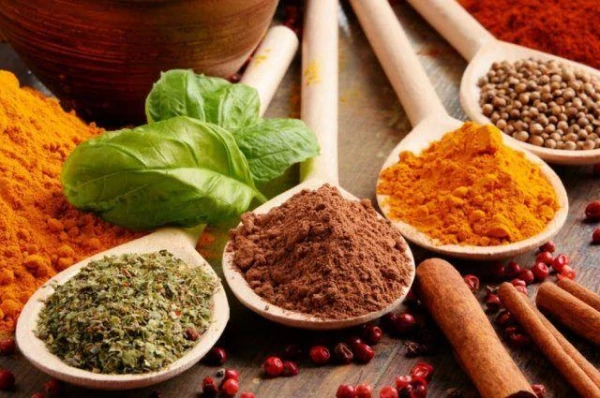
Here is new evidence of the variability of doctors' opinions.
Vitamin C helps with colds
— The claim that taking vitamin C is necessary to prevent colds and to shorten their duration has become the foundation for a business for pharmacists around the world, — shares Alexander KARABINENKO, professor of the Department of Hospital Therapy at the Pirogov Russian National Research Medical University. — According to statistical data, ascorbic acid is the most sought-after vitamin in the USA. About 40% of Americans take vitamin C supplements, spending approximately $1.7 billion a year on them.
However, this claim has been disproved by the same American scientists: a large-scale study showed that people taking ascorbic acid caught colds just as often as those receiving a placebo — “dummy” pills.
What instead? Recent studies show that vitamin D (fish oil) is beneficial for preventing colds, and zinc (found in cocoa, chocolate, beef, and lamb) is effective in reducing recovery time (almost by half).
Running is good for the heart
— Active runners live as long as those who do not engage in sports, — explains Roza TSALLAGOVA, professor and head of the Department of Preventive Medicine and Health Fundamentals at Lesgaft National State University. — Running has many contraindications. Moreover, this activity is associated with a high risk of injuries: every year, 36 to 56% of amateur runners sustain injuries.
What instead? The best protection against various diseases is reasonable physical activity (for example, walking — especially with poles, as in skiing).
Cholesterol is harmful
— Life without cholesterol is impossible — it is an essential element for the body, — explains Alexander MYASNIKOV, MD in the USA. — Cholesterol improves reproductive function, activates mental abilities, and is the basis for the production of essential hormones. Even if you completely exclude foods containing cholesterol, its level in the blood will only decrease by 20% (80% of cholesterol is synthesized in the liver).
What instead? Modern scientists believe that natural substances found in food cannot be harmful (it all depends on the “dosage”). Now doctors recommend avoiding “chemical products” saturated with dyes, additives, preservatives, and flavor enhancers. Chemicals are not absorbed by the body, accumulate in it, and can cause serious diseases.
Coffee is harmful
Coffee does not contain harmful substances and, therefore, cannot be the cause of diseases. It has also been established that coffee has virtually no effect on heart function.
What instead? Tea is not without its drawbacks: it contains just as much caffeine as coffee (therefore, during pregnancy, insomnia, and hypertension, it is recommended to limit consumption to 3-4 cups a day). Tea is also undesirable during illness (the theophylline it contains can raise body temperature).
Anger should not be bottled up
— By venting steam, a person does not calm down but only heats up their emotions, — explains Yuri VYALBA, head of the medical rehabilitation center. — Anger intensifies, blood pressure rises, which increases the risk of heart attack and stroke. Harvard University scientists found that an outburst of anger increases the likelihood of a heart attack by 5 times and a stroke by 3 times.
What instead? It is more beneficial to switch to something else. It is recommended to drink more fluids. It has been proven that people with a full bladder have an improved ability to resist nervous irritants.
Knitting is for the elderly
“This activity requires concentration. Because of this, knitting frees the mind, reduces anxiety levels, and calms a person,” — claim specialists from the Neurology Research Center.
What instead? Neurologists consider knitting to be “yoga for the brain” — it develops memory, attention, logical thinking, and brings a sense of harmony.














Leave a comment